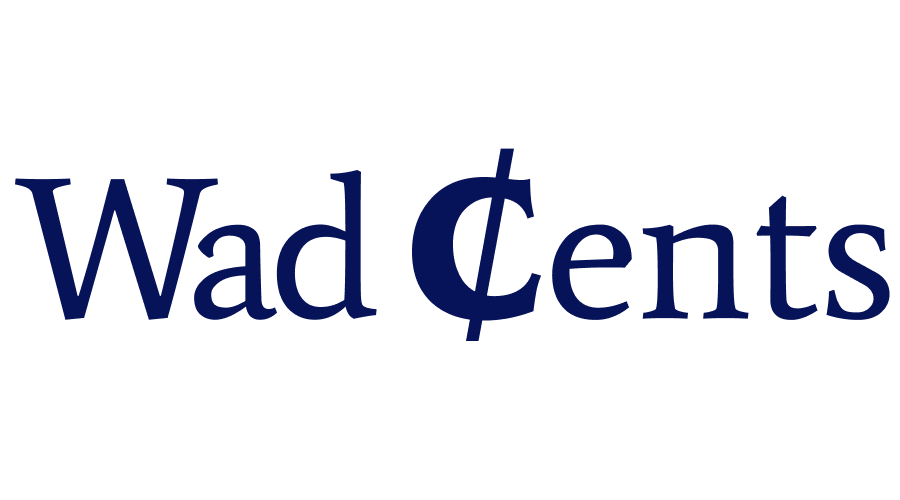If you no longer see the benefits of participating in your employer-sponsored 401(k) account, you may consider closing the 401(k) while still employed by the company sponsoring your 401(k). But, is this possible, and what are the implications?
Generally, you won’t be allowed to close your 401(k) account while still employed in the company sponsoring your 401(k) account. However, some employers may allow employees to withdraw the 401(k) funds while still employed. But, be aware that the withdrawal will be subject to income taxes and potential early withdrawal penalties.
Instead of closing and cashing out your 401(k) account while still employed, you can explore alternative options that allow you to access your retirement money without penalties such as borrowing against your retirement savings or requesting a hardship withdrawal to meet a qualifying financial need.
Can I withdraw my 401k and cash out while still employed?
In some cases, employers may allow participants to make withdrawals from their 401(k) accounts while still employed.
Once you reach age 59 ½ and you are still employed, you are free to withdraw as much or as little as you may need. You won’t owe early withdrawal penalties, but the withdrawal will be subject to income taxes at your tax bracket rate.
If you are younger than 59 ½, check if your employer allows in-service withdrawals. Typically, if in-service distributions are allowed, you will be subject to both income taxes and a 10% early withdrawal penalty on the withdrawal taken.
Additionally, if you are facing a financial hardship, and you are still employed, you may be allowed to withdraw only an equivalent amount that you will need to satisfy the financial hardship. You must have a qualifying financial hardship to qualify, and you may need to provide proof of the hardship.
Can I take all my money out of my 401k?
Depending on your age and the 401(k) plan rules, you may be allowed to take all your money from your 401(k) account.
Some plans have restrictions on full withdrawals from a 401(k) account while still employed. Check with your plan administrator to know how much you qualify to withdraw, and the tax implications.
Once you reach age 59 ½, you can take all your money out of your 401(k), or roll over to another retirement plan such as a traditional IRA or Roth IRA. Be aware that withdrawing all your 401(k) funds immediately to pay for an expense or purchase can significantly affect your long-term retirement savings.
Rolling over from a traditional 401(k) to a traditional IRA preserves the pre-tax status of the funds, and it won’t trigger taxes and penalties. However, if you are rolling over from a traditional 401(k) to a Roth IRA, you will be required to pay income taxes on the rollover, since a Roth IRA is funded with post-tax dollars.
Why can’t I withdraw all of my 401k?
If you are facing restrictions when attempting to withdraw all your 401(k) money, there may be several possible reasons.
Employer policies
Some employers may place restrictions on full withdrawals from 401(k) plans while still actively employed. Check your summary plan description to know when and how withdrawals can be made, and the restrictions in place.
In some instances, you may be allowed to take a 401(k) loan of up to half of your vested balance, or a maximum of $50,000, whichever is lesser. For hardship withdrawals, you can only withdraw the amount needed to satisfy the financial hardship.
Withholding taxes
When you request a withdrawal from your 401(k) account, your employer may withhold part of the distribution for income taxes. Usually, the withholding is often 20% of the distribution, and it does not eliminate your tax liability.
Since 401(k) withdrawals are considered taxable distributions, you will be required to pay taxes on the distributions. You may still owe more when you file your tax return or become eligible for a tax refund (if the taxes withheld are higher than your tax liability.
Additionally, if you are younger than age 59 ½, the IRS will impose a 10% early withdrawal penalty on the distribution. This penalty tax will be deducted from your distribution unless you qualify for an exemption.
Unvested employer match
If your employer offers matching contributions to your 401(k), you should check if there is a vesting schedule in place. Typically, most employers have a vesting schedule ranging from 2 to 6 years when the employer match becomes fully vested.
If you leave before you have completed the years required in the vesting schedule, you won’t be entitled to all employer contributions in your 401(k) account. In this case, you can only withdraw all your contributions (and earnings) and the vested employer match.
Financial hardship limits
If you are still employed by the company sponsoring your 401(k) plan, you won’t be allowed to withdraw all of your 401(k) money. However, you may be eligible for a financial hardship withdrawal if you have a qualifying immediate need such as tuition expenses, medical expenses, or threats of eviction or foreclosure. If you qualify for a hardship withdrawal, you will be allowed to withdraw only what you need.
Can I cash out my 401k with an outstanding loan?
If you have an outstanding loan from your 401(k) account, and you want to cash out your entire 401(k) balance, there are certain things to keep in mind.
When you leave your job, and decide to cash out your entire 401(k) balance, any outstanding loan will become due immediately. You must repay the full loan, otherwise any unpaid loan will be treated as a taxable distribution, which is subject to income taxes, and potential penalty tax if you are below 59 ½.
If you decide to cash out the full 401(k) balance, including the outstanding 401(k) loan, you will owe income taxes and potential penalties on the distribution. The outstanding 401(k) loan is considered a distribution and added to the distributions you take. The total distribution will be considered income for tax purposes in the year it becomes due.
401(k) withdrawal rules while still employed
If you are a current employee, the 401(k) withdrawal rules may vary based on the specific policies of the retirement plan.
Age-related rules
Age 59 ½ is an important age for 401(k) participants. Withdrawals before age 59 ½ are considered early withdrawals and are subject to an additional 10% penalty tax.
If you are older than age 59 ½, your 401(k) withdrawals will only be subject to income taxes. Remember, not all employers allow withdrawals before 59 ½, and those that do place certain restrictions on when and how you can withdraw.
Employment status
Some employers allow active employees to access in-service distributions and 401(k) loans, but full withdrawals are restricted. You can only make partial withdrawals, or up to the amount needed to satisfy your need.
If you leave your job or get fired, you may have several options with the money. You can decide to leave your 401(k) money behind, cash out the entire 401(k) balance, or roll over to an IRA or new employer’s 401(k) plan.
IRS and individual 401(k) plan rules
The IRS provides certain general guidelines on how 401(k) plans operate, including plan eligibility, contributions, employer match, withdrawals, loans, and what happens at death. Individual 401(k) plans are allowed to establish their own rules within the broad rules provided by the IRS. You should review your plan documents and talk to the plan administrator to know the specific 401(k) rules that apply to you.


